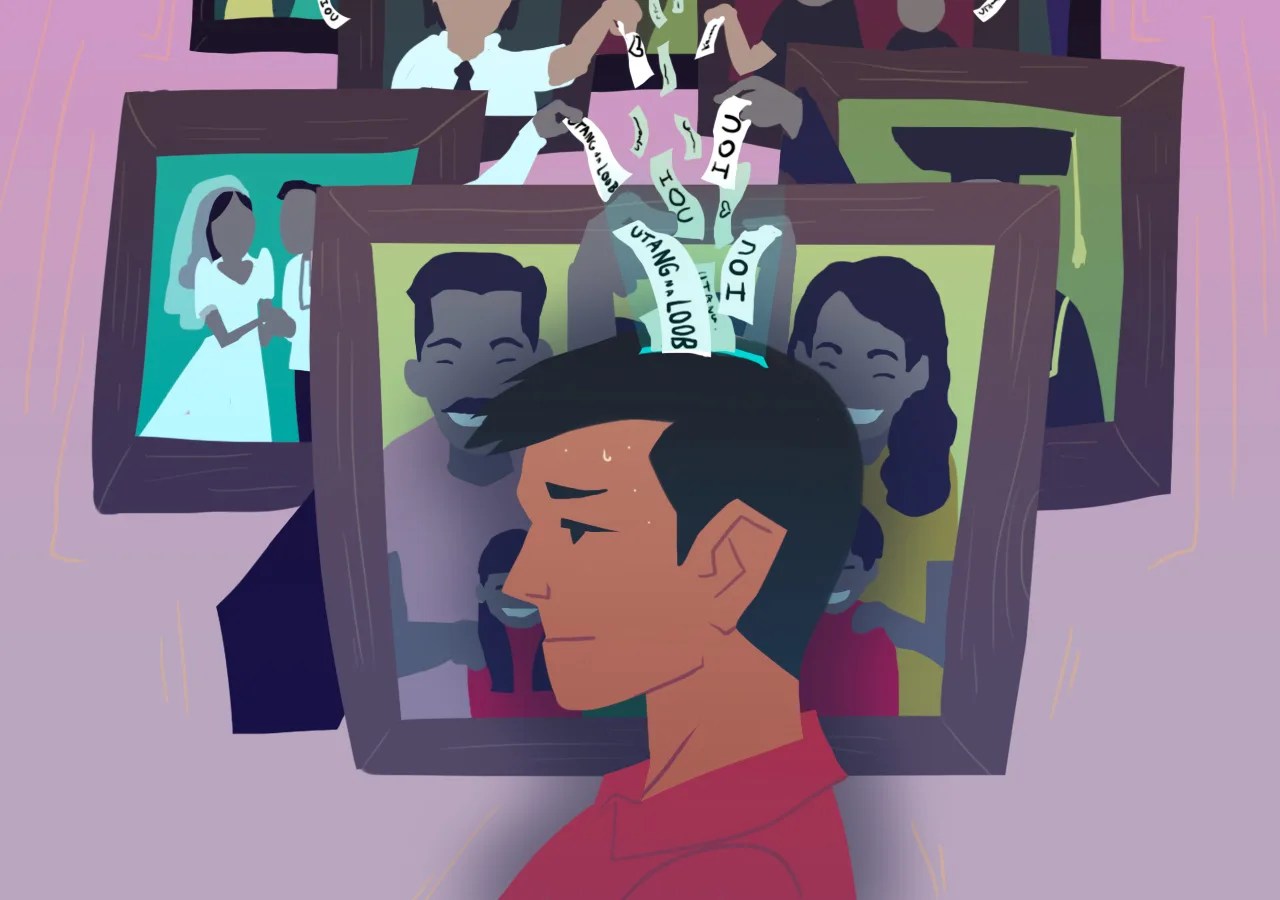Imagine you're facing a difficult situation – a financial crisis, a family emergency, or a career obstacle. A friend steps in, offering support you desperately need, even at a personal cost. You're overwhelmed with gratitude and a sense of obligation to repay this immense kindness. This feeling, deeply rooted in many cultures, is amplified in Filipino culture as "utang na loob."
Utang na loob, literally translating to "debt of the inside," is more than just gratitude; it's a profound sense of indebtedness that shapes relationships and social interactions in the Philippines. It's a complex concept, carrying significant weight and influencing decisions big and small.
This cultural norm finds its roots in the close-knit communities that form the bedrock of Filipino society. In these communities, helping one another is not merely encouraged, it's an unspoken expectation. This reciprocal act of giving and receiving strengthens social bonds, fostering a sense of belonging and shared responsibility.
However, utang na loob, while promoting solidarity, can also lead to complex situations. The lines between genuine generosity and expected reciprocation can blur, potentially leading to feelings of pressure or even exploitation. It's important to understand the nuances of this cultural value to navigate interpersonal relationships effectively.
Let's delve into some examples of utang na loob: Imagine a student struggling to afford tuition. A family friend steps in, financing their education without expecting anything in return. The student, upon graduating and securing a good job, feels a strong sense of utang na loob to their benefactor. This could manifest as providing financial assistance to the friend's family in the future, offering them a job opportunity, or simply being there for them in times of need. This act of reciprocation isn't necessarily demanded, but it's a deeply ingrained social expectation.
Navigating utang na loob requires sensitivity and understanding. It's about recognizing the spirit of genuine generosity while acknowledging the cultural weight of reciprocity. It's about fostering strong relationships built on mutual respect and support, where acts of kindness are appreciated without the burden of unspoken obligations.
The concept of utang na loob, though deeply embedded in Filipino culture, might seem foreign or even perplexing to those unfamiliar with it. It underscores the importance of cultural sensitivity and understanding, highlighting how cultural values significantly shape our worldviews and interactions.
Advantages and Disadvantages of Utang na Loob
| Advantages | Disadvantages |
|---|---|
| Strengthens community ties and promotes solidarity | Can create pressure and a sense of obligation, potentially leading to resentment |
| Encourages generosity and mutual support within relationships | Can be exploited, particularly in power imbalances, leading to unfair expectations |
| Creates a sense of responsibility towards others | Can hinder personal growth by prioritizing perceived obligations over individual choices |
While navigating utang na loob can be complex, understanding its nuances is crucial for anyone interacting with Filipino culture. It highlights the importance of cultural sensitivity and the need to appreciate the values that shape different societies.
Tung ho steel a deep dive into taiwans steel giant
Conquer your draft mastering espn fantasy football rankings
Rad returns your guide to finding awesome 80s mens clothes for sale
Tradisyon Ng Mga Pilipino Drawing - Khao Tick On
'Utang na loob?' Filipino family values gone wrong, and how they affect - Khao Tick On
Utang na Loob: The Future or the Retirement? - Khao Tick On
halimbawa ng komik strip - Khao Tick On
Ano Ang Kahulugan Ng Utang Na Loob - Khao Tick On
Utang na Loob: Filipino's Sense of Gratitude and Generosity - Khao Tick On
example of utang na loob - Khao Tick On
Tagalog Comics Strip in 2021 - Khao Tick On






